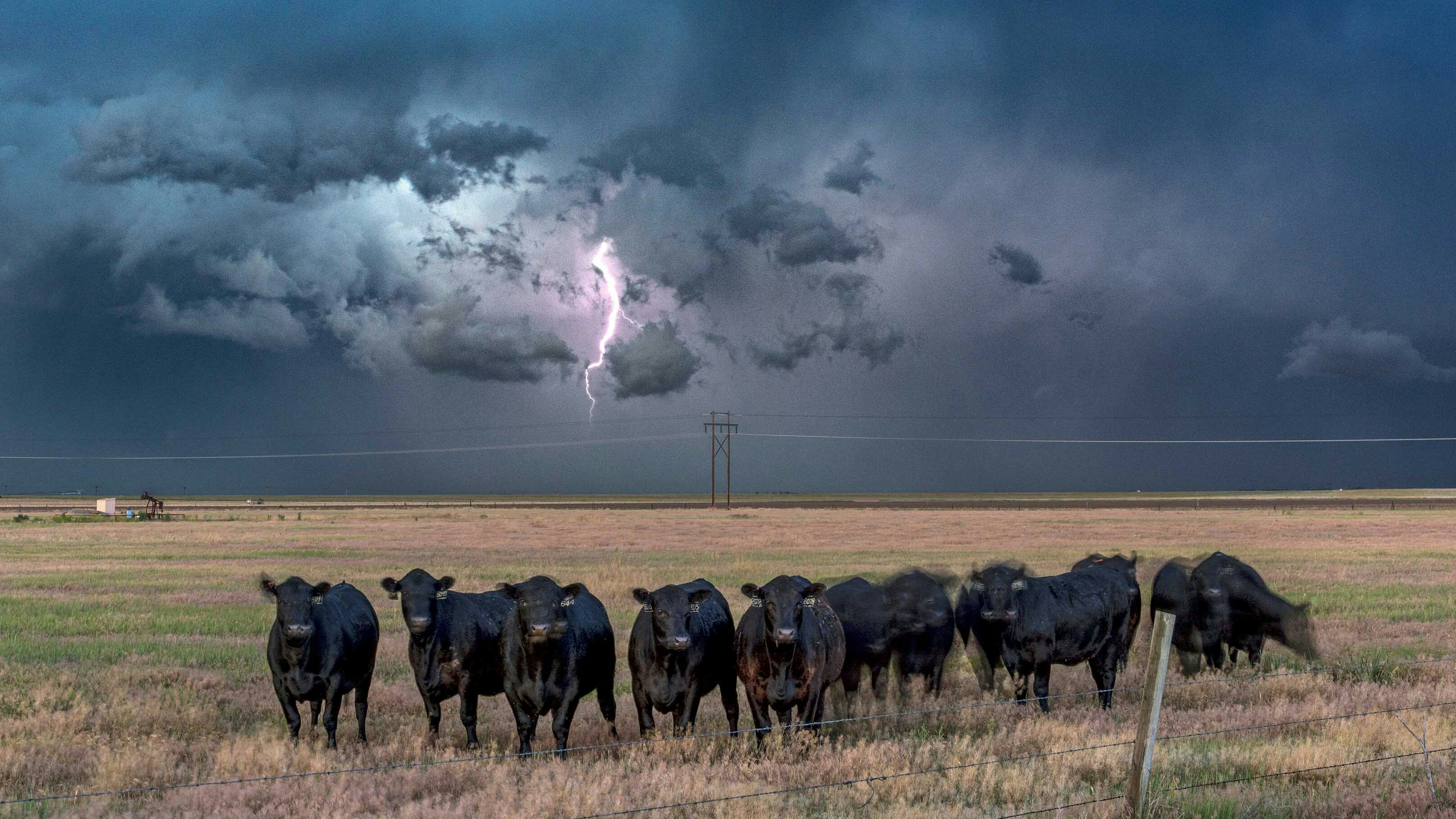They create the stuff of magic, equated with deliciousness. And they could make or break a family business.
Sugar beets are a mainstay crop in Wyoming. But in northern Wyoming, where the growing conditions are optimal, farmers who grow sugar beets are facing a hardship like they’ve not seen in generations.
Between a hard frost last fall that left sugar beets frozen in the ground and mounting costs for renovations in other factories in the Western Sugar cooperative, sugar beet growers in the Bighorn Basin are facing a grim financial future.
That’s according to Kurt Dobbs, the agronomist and field representative for the Bighorn Co-op in the northern half of the Bighorn Basin.
“The farmers around this area, they grow really good beets and are very good at yield,” he pointed out. “But it’s been three years in a row that they haven’t received the money that they need to receive for their crop.”
The growers in the Bighorn Basin are part of the Western Sugar Cooperative, which has factories in Lovell, Billings, Montana, Scottsbluff, Nebraska, and Fort Morgan, Colorado.
The Lovell producers farm over 16,000 acres of beets collectively, according to Casey Crosby, a fourth-generation sugar beet grower in Cowley.
Crosby, who also has a masters degree in business, said the economic hit of crop losses to the local communities could exceed $14 million.
“It’s a challenging time in agriculture in general, but right now, with the issues we’ve had with our co-op, and then the weather on top of that, it’s crippled a lot of farmers,” he said.
Those issues include bad weather in two of the last three years. In between, when the harvest should have yielded a payment, Crosby said the profit went to offset costs in other areas of the Western Sugar Cooperative.
Rodney Perry, the Denver-based CEO of Western Sugar, said that the organization is working with the USDA on a disaster relief program that may provide area farmers with some much-needed assistance.
Perry noted the program is similar to the federal government’s WHIP assistance fund (Wildfire and Hurricane Indemnity Program Plus), which provides disaster payments to offset losses from hurricanes, floods, tornadoes, typhoons, volcanic activity, snowstorms and wildfire.
Crosby said the assistance could mean the difference in whether or not many growers will be able to farm next year.
Crosby is one of the lucky ones – of the 4,000 acres that he farms with another local grower, only 700 of those acres are planted in sugar beets. But as Dobbs pointed out, there are many other farmers whose livelihoods depend on the sugar beet crop.
“The farmers have to get paid for their sugar beets and they haven’t been,” Dobbs said. “So if that continues, you will see farmers going bankrupt.”





